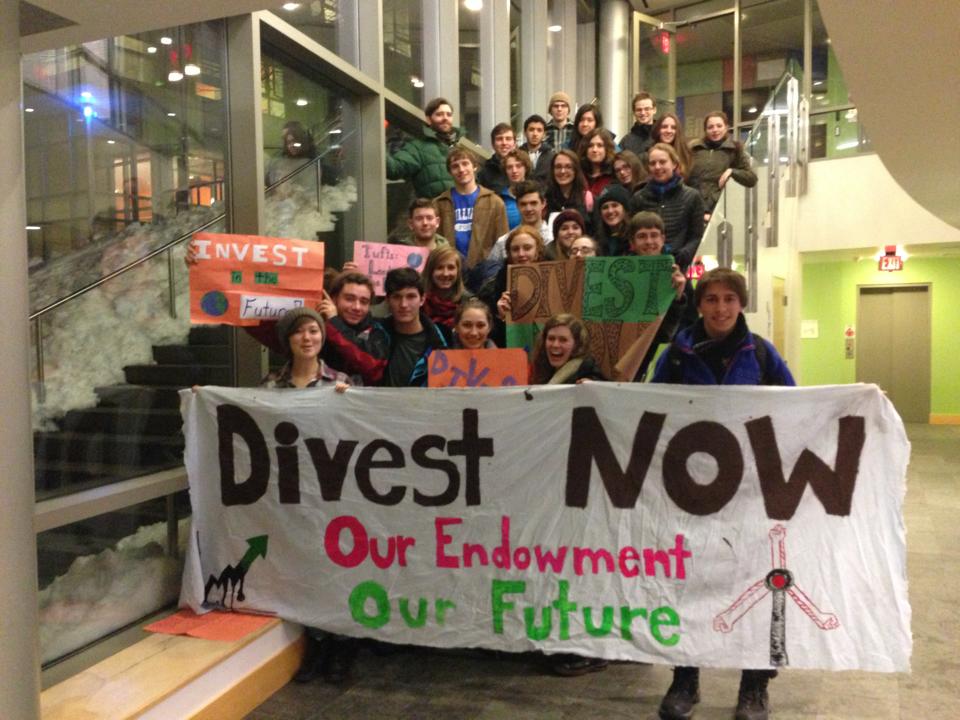The College Investment Committee will consider divestment from fossil fuels at its next meeting, Trinity’s Chief Financial Officer, Ian Matthews, has told The University Times.
Last week, the council of Trinity College Dublin Students’ Union voted to support a campaign to call on College to divest from fossil fuels. Because Trinity invests its €170 million endowment fund in equity funds, around 3.5 per cent, or €6.1 million, is indirectly invested in fossil fuels.
“Divestment considerations” were also a topic on the agenda at a meeting of the committee in May, Matthews said.
In an email response to a series of questions from The University Times, Matthews said that Trinity has invested in managed equity funds for the last fifteen years. This “would have included a basket of stocks which I expect included fossil fuel organisations”, he said.
The Investment Committee is a subcommittee of the College Finance Committee, which itself is subcommittee of the College Board.
Last week’s TCDSU council motion, proposed by Colm Tong, a committee member of Trinity’s Environmental Society, means that the union is now mandated to campaign on the issue.
Two freedom of information requests, seen by The University Times, have revealed both the €6.1 million investment in oil-related stocks and that the College also indirectly invests in coal and gas companies through funds managed by Irish Life Investment Managers (ILIM).
The endowment fund is made up of donations to the College and its totality is invested in a variety of indexed life assurance funds managed by ILIM. While the principal proportion of an endowment fund always remains intact, universities use such funds to gain investment income which then can be used for ongoing support of their activities. Because all of the endowment is invested in funds, Trinity cannot directly control where its money is invested. Trinity, however, has the option to move its money to a “clean” or “green” fund that does not invest in fossil fuels.
In response to a question asking if the union’s divestment campaign could force the College to rethink its investment in fossil fuels and move the endowment fund to such an alternative fund, Matthews stated: “The Board is the highest decision-making authority in the College and any such decision it may make in this area in the future will be in the best interests of the College”.
Lynn Ruane, President of TCDSU, met with Matthews last week to discuss the issue of divestment. Speaking to The University Times, she said that while it seems College is “open to the conversation”, it was too early to say whether the campaign would be successful: “It’s not at the point where I think they’re reconsidering it. I think it’s just conversation at the minute”.







